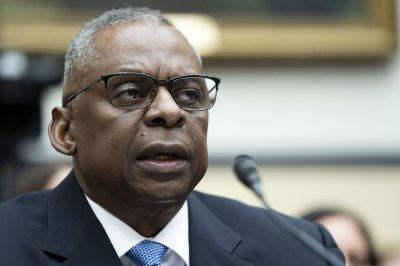Topic: Walter Reed
Quotes
I've also come to pay my respects to family members that are praying that their loved one can get back on their feet and serve again, or get back on their feet and live a normal life
Wounded GIs get presidential visit Sep 09, 2008
Over the last couple of years, there's a subset of patients with more than just one human system engaged in recovery -- emotional, physical and mental
Complex injuries blamed at Walter Reed Mar 05, 2007
Major Walter Reed, M.D., (September 13, 1851 – November 22, 1902) was a U.S. Army physician who in 1900 led the team that postulated and confirmed the theory that yellow fever is transmitted by a particular mosquito species, rather than by direct contact. This insight gave impetus to the new fields of epidemiology and biomedicine, and most immediately allowed the resumption and completion of work on the Panama Canal (1904–1914) by the United States. Reed followed work started by Carlos Finlay and directed by George Miller Sternberg ("first U.S. bacteriologist").
Walter Reed was born in Belroi, Virginia, to Lemuel Sutton Reed (a Methodist minister) and Pharaba White.
After two year-long classes at the University of Virginia, Reed completed the M.D. degree in 1869, two months before he turned 18 (he was the youngest then, and is still today the youngest student of the University of Virginia to receive an MD degree). He then enrolled at the New York University's Bellevue Hospital Medical College in Manhattan, New York, where he obtained a second M.D. in 1870. After interning at several New York City hospitals, he worked for the New York Board of Health until 1875. He married Emilie (born Emily) Lawrence on April 26, 1876 and took her West with him. Later, Emilie would give birth to a son and a daughter and the couple would adopt a Native American girl while posted in frontier camps.
It uses material from the Wikipedia article "Walter Reed."














